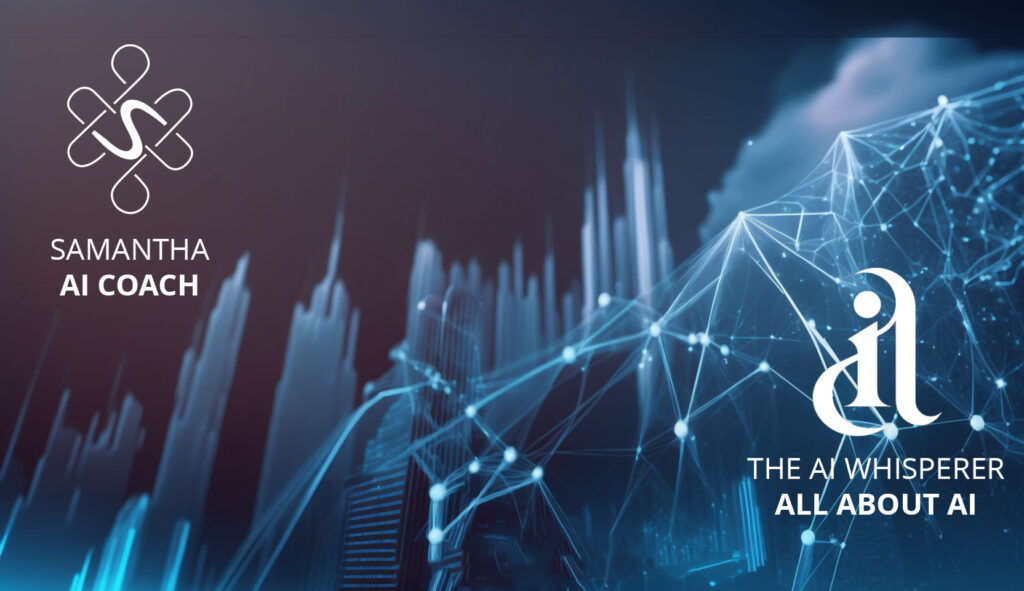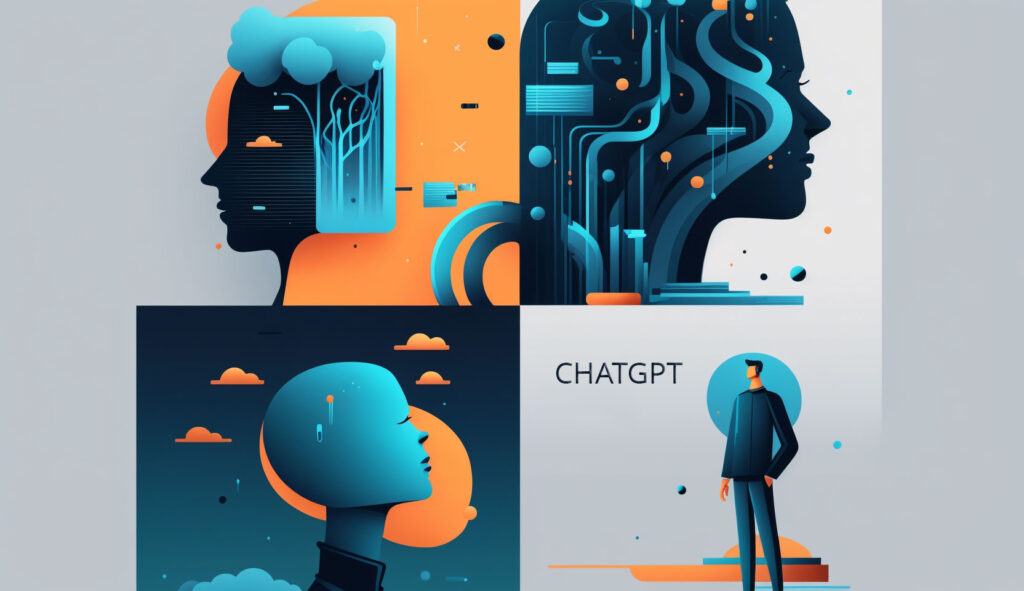Japan emphasizes the nurturing of students‘ AI literacy in their latest academic blueprint, a stride many other nations ought to replicate. This roadmap underscores the criticality of young learners grasping the intricate details of AI, along with its merits and pitfalls – including potential privacy breaches and copyright infringements. Before harnessing the power of AI, it is crucial for students to acquire a holistic understanding of its traits, to avoid the submission of AI-created assignments under their own name.
The move towards integrating AI into the education system marks an enlightened approach to preparing students for a future heavily influenced by technology. This forward-thinking initiative not only equips students with the knowledge to understand AI but also empowers them to use it ethically and responsibly.
Furthermore, this blueprint advocates for embedding AI within the realms of English learning and collective tasks, spurring students to examine and discuss multifaceted viewpoints, thus enriching their conversation’s depth. The education secretary, Keiko Nagaoka, articulates their commitment towards addressing apprehensions about the infusion of AI in education, cultivating a secure and effective atmosphere for its assimilation.
The blueprint is set to circulate among educational institutions and administrative bodies to ease its execution. To scrutinize the outcomes thoroughly and fuel further deliberation, experimental tasks adhering to this blueprint are proposed for in-school execution, ensuring due respect to data privacy, security, and intellectual property rights. Traditional assessment methods and homework tasks, such as report writing, may need revision or replacement to align with the abilities of AI tech.
To bolster educators‘ AI comprehension, the blueprint proposes leveraging AI-created faux data as instructional materials, enabling students to hone their fact-verification skills. Moreover, the blueprint supports the adoption of AI tools to automate administrative chores and enrich pedagogical techniques, thereby reducing teachers‘ work burden.
Addressing privacy concerns, the blueprint cautions against sharing such information and proposes establishing systems that don’t exploit personal data for machine learning objectives. The government aims to partner with AI firms, nudging them to augment their offerings for Japanese educational use, stressing aspects like robust content filtering, data privacy, and the development of AI tools tailored specifically for pedagogical purposes.
The ministry also plans to join forces with NHK to create educational broadcasts focusing on generative AI education. These guidelines aim to be enacted in public schools and other educational bodies alike. The ministry points out that these guidelines are open to further refinements based on feedback and the evolution of regulations pertaining to AI tech.
CyberOwl, a Tokyo-based platform handling education-centric online media, conducted a survey unveiling the dire need for regulatory measures over children’s use of ChatGPT, with nearly 70% of the 508 parent respondents expressing a requirement for such rules. Fears included the potential dip in critical thinking prowess and susceptibility to false information. Nonetheless, the intensity of the concern varied dramatically depending on the parents‘ personal experience with ChatGPT.
Tatsuya Horita, a professor of IT at Tohoku University, underscores the need for teachers and parents to engage with generative AI directly. Rather than fostering vague worries about unfamiliar tech, aiding people to understand its inner workings and suitable usage is paramount.
Japan’s initiative serves as a powerful testament to the transformative potential of AI in reshaping the educational landscape. By understanding the complex implications of AI and striving to implement it responsibly, the country stands at the forefront of educational innovation. This example should prompt other nations to consider the potential benefits of incorporating AI literacy into their curriculums, helping to create a globally informed and technologically adept future generation.


